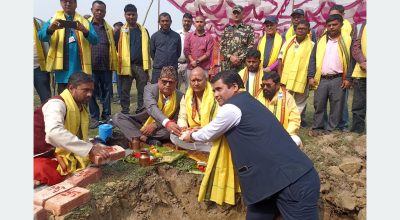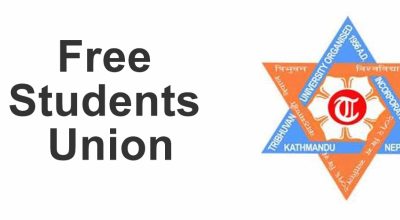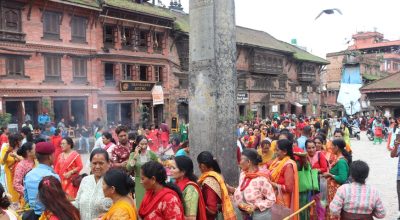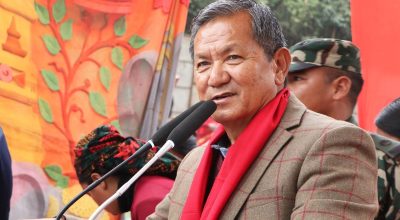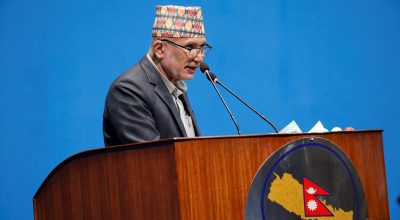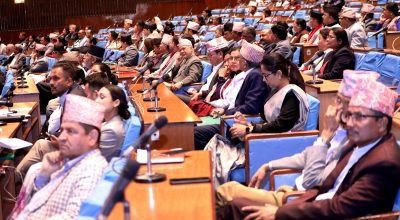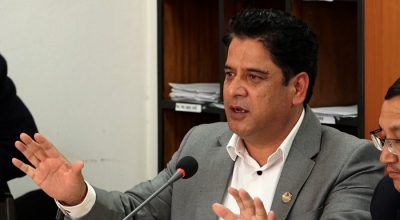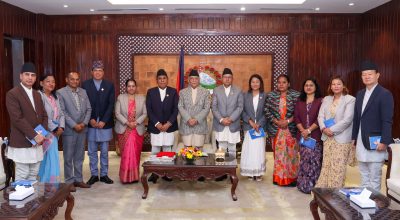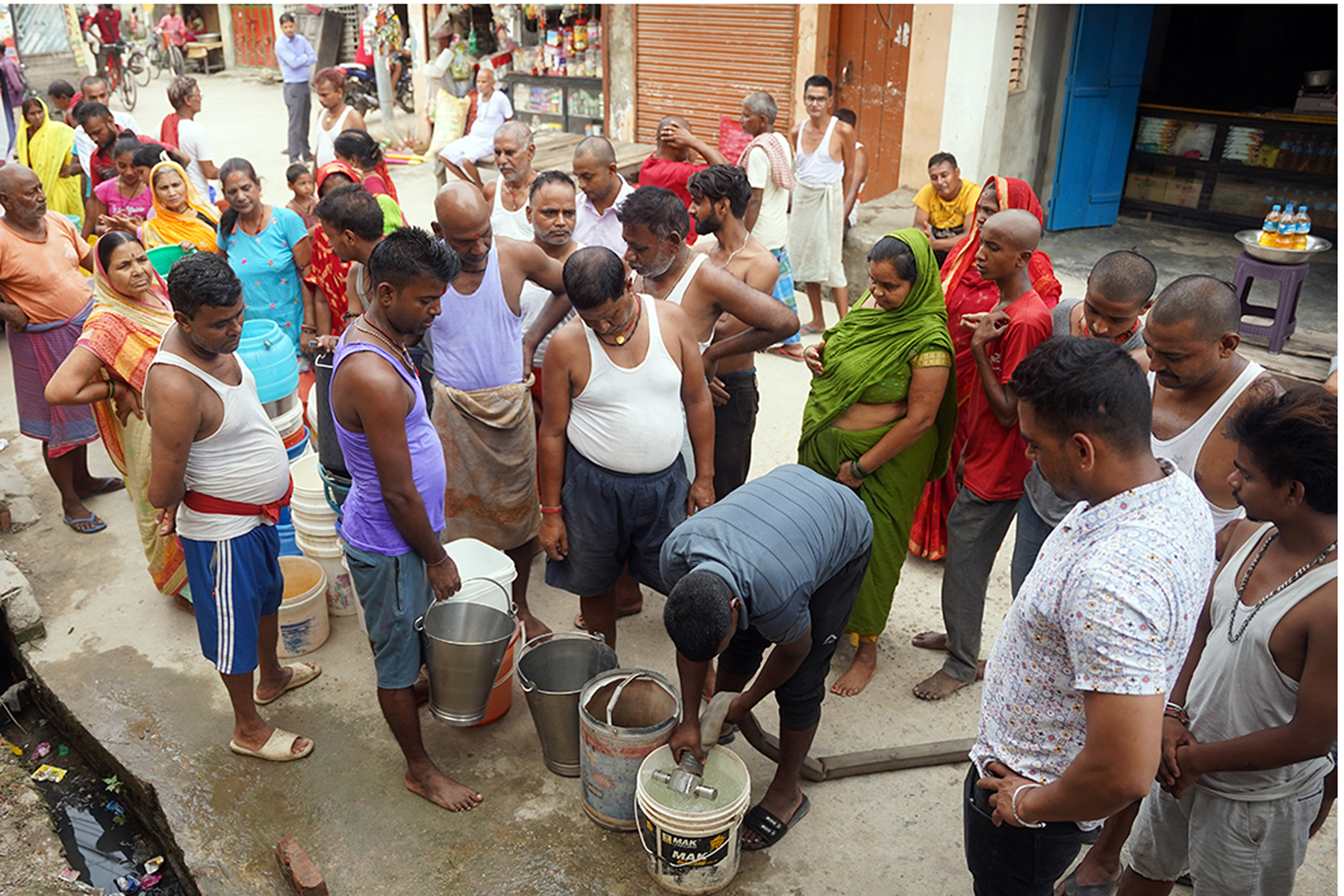
Kathmandu, Sept 14: Nearly 280 water supply projects have not been able to proceed due to various reasons, including budget constraints as the required Rs 3 billion cost to complete construction and operation could not be raised.
The Ministry of Water Supply had requested financial resources from the Ministry of Finance for these incomplete projects, but the Ministry of Finance was unable to provide the necessary funds. Despite efforts to involve foreign donor agencies, no desire to invest was shown, further exacerbating the budget shortfall.
The Ministry of Water Supply has identified potential savings of about Rs 4 billion from the urban development water supply project supported by the Asian Development Bank (ADB). They have requested the ADB to allocate some of the funds towards improving the incomplete projects. However, due to the impending conclusion of the urban development water supply project in April 2025, there is limited time to advance the necessary processes for investment in incomplete projects.
Madhu Timilsina, a Senior Divisional Engineer at the Ministry of Water Supply, highlighted the challenges faced in improving the Terai-Madhes water supply projects due to budget constraints. This has led to incomplete improvements and difficulties for residents in accessing safe drinking water. Despite efforts to raise necessary funds, the lack of investment has hindered project completion.
Timilsina emphasized the urgency of addressing incomplete water supply projects to prevent further water shortages in the Terai region. He noted that discussions with donor agencies have not resulted in sufficient funding, leading to project delays and uncertainty.
The Ministry of Water Supply aims to involve public in funding 20 percent of water supply project costs, but challenges in implementation have hindered progress. Timilsina acknowledged that some consumers resist paying water tariffs, contributing to financial constraints. He emphasized the need for intergovernmental coordination to address the water supply issues effectively.
“One hundred and seventy-six drinking water supply projects in Madhes Province are not operational due to various reasons, due to which the residents of Madhes Province are now on sit-in protest in Maitighar Mandala in Kathmandu demanding smooth availability of drinking water,” said Timilsina, “Likewise, 51 in Lumbini Province, 36 in Koshi Province and 19 in the Terai region of Far West Province are incomplete and cannot be put into operation.”
The government’s policy program for the current financial year includes plans to study wholesale distribution systems for water supply in Madhes province. Efforts are also underway to manage drinking water through deep boring in densely populated areas of Terai-Madhes for long-term solutions.
As announced in the government’s policy program and budget statement for the current financial year, it is mentioned that with the aim of solving the water supply problem in all the districts of Terai-Madhes in the long term, a wholesale distribution system will be studied to supply water from Bheri Babai for Sunkoshi-Marin, Sunkoshi Kamala and western districts.
Rajendra Aryal, President of the Drinking Water and Sanitation Consumers Federation of Nepal, stressed the importance of completing incomplete projects to ensure access to clean drinking water for consumers. He highlighted the need for improved coordination among government levels to address water supply challenges effectively.
The National Census 2078 revealed that a significant percentage of families rely on taps, pipes, and wells for drinking water. Sustainable development goals aim to address water scarcity by 2030 through increased efficiency and sustainable water supply.
To uphold citizens’ right to clean drinking water and sanitation as envisaged in the Constitution of Nepal 2072 BS, policies must prioritize systematic development of water supply, sanitation, and hygiene. Coordination among federal, state, and local levels is essential to ensure effective implementation of these policies. #drinkingwater #nepal #terai #madhes #budget #ADB
Pragati Dhakal





